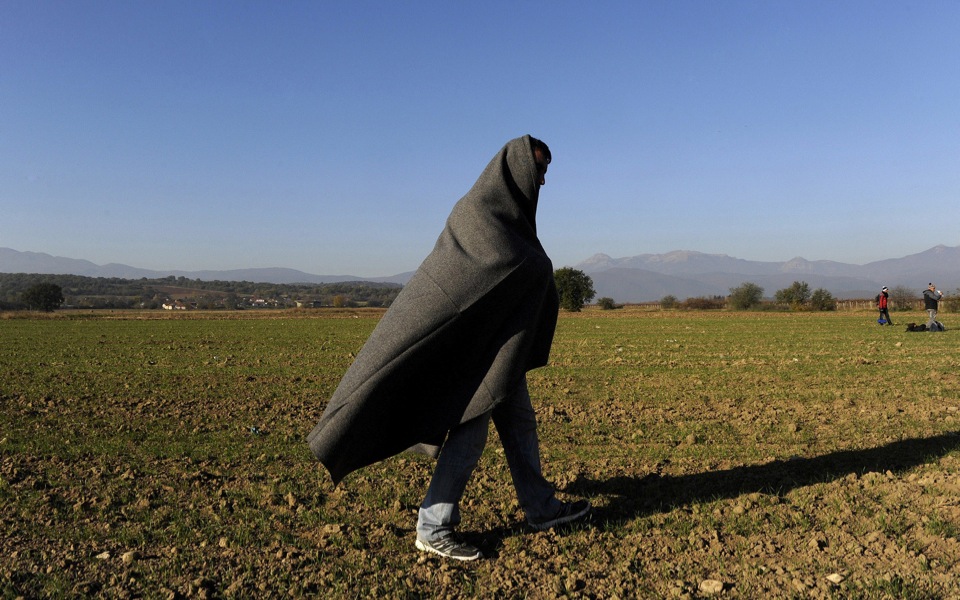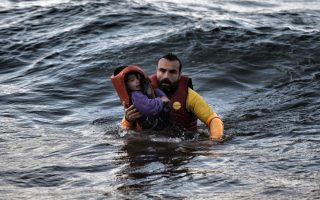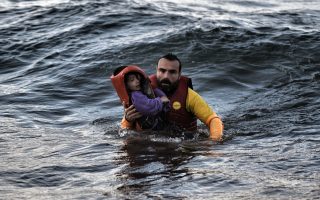No protection status for Afghan migrants

Afghans make up more than 20 percent of the migrants and asylum seekers that are arriving on Greek islands. More precisely, according to data from the United Nations Refugee Agency (UNHCR), of the 562,355 migrants who arrived in Greece between January and late October, about 120,000 came from Afghanistan.
European Union regulations say that – barring a few exceptions – Afghans are not entitled to protection and as a result they are not included in the bloc’s recently launched relocation program.
As an entry point to the EU, Greece is expected to repatriate many of these people in the coming months. Alexis Tsipras, the country’s prime minister, has repeatedly asked Brussels that Afghans be given protection, which is so far limited to people coming from Syria, Iraq and Eritrea.
“Europe’s migration policy is mostly shaped by the needs of refugee-receiving states,” a government official told Kathimerini on condition of anonymity.
“Germany needs young, relatively educated people in order to support its social security system,” the official said, adding that the EU’s refugee relocation system allows European governments to screen applications for people with a particular profile or at least turn down individuals who do not meet their standards.
In that respect, Afghans are not very strong candidates, as it were: They are not Christians, they have not lived next to Christian populations, they are poor, they are not educated and, in many a European mind, they are suspected of terrorist links.
Over the summer, many Afghans camped at the Pedion tou Areos park in the center of Athens. Not far from there, at Victoria Square, the majority of migrants are Afghans. About 1,200 people, also from Afghanistan, were recently hosted at a sports venue in Galatsi, northwestern Athens.
These people have traveled here from the eastern Aegean islands and are forced to sleep outside in public squares or reception facilities because they cannot afford to go anywhere else. Some of them cannot even buy a boat ticket. After they arrive on one of the islands, they receive an administrative document stating that they have 30 days to leave the country.
Most of those Afghan migrants stay in Greece until they find a way to continue their journey to Northern Europe. Once – and if – they reach their end destination, they submit a claim for asylum, but this is usually rejected because they do not meet the legal requirements – which means that they must return home.
“According to the existing legal framework, Greece is obliged to carry out this operation,” officials said.





